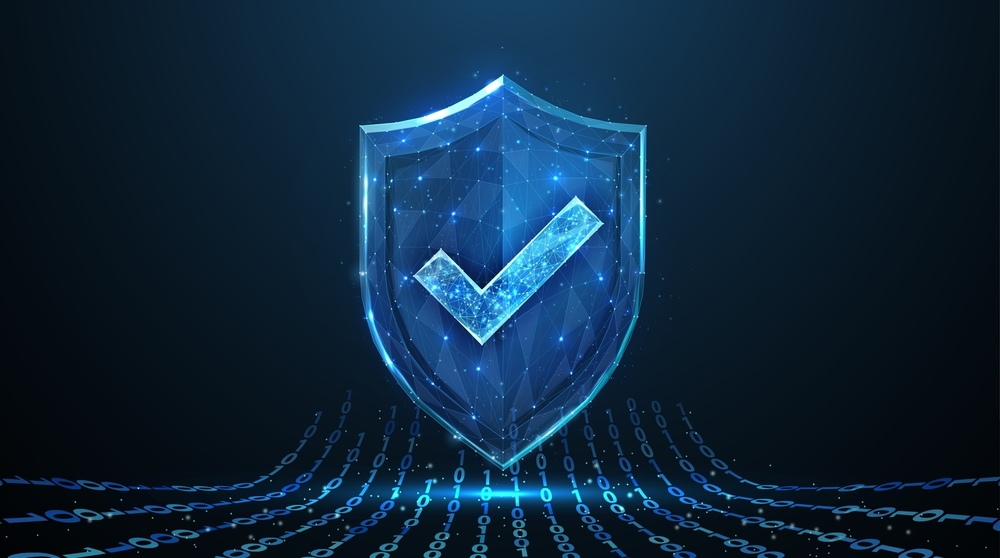Implementing Effective IT Security Solutions for Growing Businesses
As businesses grow, so do the complexities and challenges related to IT security. With increasing data volumes, expanding networks, and evolving cyber threats, implementing robust IT security solutions becomes essential. This guide explores the importance of IT security for growing businesses and outlines effective strategies to safeguard your digital assets.
The Importance of IT Security for Growing Businesses
In today’s digital landscape, IT security is critical for protecting sensitive information, ensuring business continuity, and maintaining customer trust. For growing businesses, the stakes are even higher as they navigate the complexities of scaling operations while managing security risks.
Key Components of IT Security Solutions
1. Network Security
Network security involves protecting the integrity and usability of your network and data. Effective network security measures include firewalls, intrusion detection systems (IDS), and intrusion prevention systems (IPS). These tools monitor and control incoming and outgoing network traffic based on predefined security rules.

2. Data Security
Data security focuses on protecting sensitive information from unauthorized access and breaches. Key measures include data encryption, secure access controls, and regular data backups. Implementing these practices ensures that even if data is intercepted, it remains secure and unreadable.
3. Endpoint Security
Endpoint security involves securing end-user devices such as laptops, smartphones, and tablets. This includes using antivirus software, endpoint detection and response (EDR) solutions, and ensuring that all devices have up-to-date security patches.
4. Identity and Access Management (IAM)
IAM solutions help manage user identities and control access to critical systems and data. Implementing multi-factor authentication (MFA), role-based access control (RBAC), and single sign-on (SSO) can significantly enhance security by ensuring that only authorized users have access to sensitive resources.
5. Cloud Security
As businesses increasingly adopt cloud services, securing cloud environments becomes paramount. Cloud security involves protecting data stored in the cloud, managing access controls, and monitoring cloud services for unusual activity. Using encryption and secure API gateways are essential practices for cloud security.
Strategies for Implementing Effective IT Security
1. Conduct a Risk Assessment
A comprehensive risk assessment identifies potential security threats and vulnerabilities within your IT infrastructure. This process helps prioritize security measures based on the level of risk, ensuring that the most critical areas are addressed first.
2. Develop a Security Policy
Establishing a clear and comprehensive security policy provides a framework for implementing and managing IT security. The policy should outline security protocols, employee responsibilities, and procedures for responding to security incidents.
3. Regular Security Audits
Conducting regular security audits helps identify weaknesses and ensure that security measures are up to date. Audits should review access controls, software updates, and compliance with security policies and regulations.
4. Employee Training and Awareness
Employees are often the first line of defense against cyber threats. Providing regular training on cybersecurity best practices, such as recognizing phishing attempts and using strong passwords, can significantly reduce the risk of security breaches.
5. Implement Advanced Security Technologies
Utilizing advanced security technologies, such as artificial intelligence (AI) and machine learning, can enhance threat detection and response capabilities. These technologies can analyze large volumes of data to identify patterns and detect anomalies that may indicate a security threat.
External Links for Further Reading
Conclusion
Implementing effective IT security solutions is crucial for growing businesses to protect their digital assets, maintain customer trust, and ensure business continuity. By focusing on key components such as network security, data security, endpoint security, IAM, and cloud security, businesses can build a robust security framework. Conducting risk assessments, developing security policies, performing regular audits, and investing in employee training and advanced technologies are essential strategies for safeguarding your business in an increasingly complex cyber landscape.
For personalized IT security solutions, contact us today.


